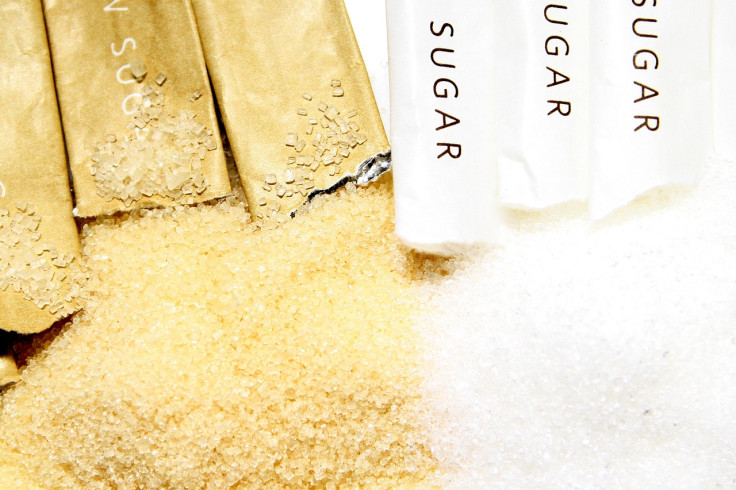Using Non-Sugar Substitute For Weight Control? WHO Is Advising Against It
KEY POINTS
- The WHO says it found no long-term benefit of using non-sugar sweeteners in reducing body fat
- There may also be some "undesirable effects" from long-term NSS use
- People are being advised to reduce the "sweetness of their diet altogether"
The World Health Organization (WHO) is advising against using non-sugar sweeteners (NSS) for weight control. Its usage may increase the risk for certain diseases.
The WHO on Monday released new guidelines regarding NSS usage for weight control and reducing the risks for some diseases. NSS are widely-used alternatives to sugar and include products like stevia, sucralose, aspartame and neotame, among others.
"Since the release of updated WHO guidance on free sugars intake in 2015, interest in the potential utility of NSS in reducing sugars intake has increased," the WHO wrote. "Therefore, it was considered necessary to review the evidence in a systematic manner, and issue WHO guidance on NSS use through the WHO guideline development process."
Based on its review of the available evidence, the UN agency noted that using NSS doesn't "confer any long-term benefit" in reducing body fat in children or adults. Although there was observed short-term "mild" reduction in body weight, this was not "sustained," said Francesco Branca, WHO director for Nutrition and Food Safety, CNN reported.
In addition, long-term use of NSS may also have "undesirable effects" such as increased risks for conditions like cardiovascular disease and type 2 diabetes. The agency said NSS should not be used for weight control or reducing the risks of non-communicable diseases.
"People need to consider other ways to reduce free sugars intake, such as consuming food with naturally occurring sugars, like fruit, or unsweetened food and beverages," Branca added. "NSS are not essential dietary factors and have no nutritional value. People should reduce the sweetness of the diet altogether, starting early in life, to improve their health."
The WHO clarified that the recommendation doesn't apply to people with pre-existing diabetes.
"What this guideline says is that if we're looking for reduction of obesity, weight control or risk of noncommunicable diseases, that is unfortunately something science been unable to demonstrate," Branca noted, adding the latest warning isn't a comment on the safety of NSS consumption.
.@WHO's new guideline recommends against the use of non-sugar sweeteners to control body weight or reduce the risk of noncommunicable diseases. The recommendation applies to all people except individuals with pre-existing #diabetes. https://t.co/QDUyblbBd6
— Tedros Adhanom Ghebreyesus (@DrTedros) May 15, 2023
In response to the new guidelines, the International Sweeteners Association (ISA) released a statement saying that failing to recognize the role of low/no-calorie sweeteners in reducing sugar intake and supporting weight control is a "disservice to public health."
Such sweeteners have helped in the development of healthier foods that let people consume food and drinks with less sugar while maintaining the taste, said ISA Chairman Bob Peterson.
The ISA also provided evidence supporting the benefits of low/no-calorie sweeteners, noting they are safe, play a role in the fight against obesity and don't contribute to tooth decay.
The new guidelines don't undercut sugar intake's relevance when it comes to weight control, said nutrition researcher Ian Johnson, of Quadram Institute Bioscience.
It's still in line with the recommendations to limit sugar intake. But it could steer people away from opting for NSS in place of sugars, and toward consuming foods with natural sugars or going for unsweetened foods and drinks completely.
"Because free sugars are often found in highly processed foods and beverages with
undesirable nutritional profiles, simply replacing free sugars with NSS results means that the overall quality of the diet is largely unaffected," the WHO noted. "Replacing free sugars in the diet with sources of naturally occurring sweetness, such as fruits, as well as minimally processed unsweetened foods and beverages, will help to improve dietary quality, and should be the preferred alternatives to foods and beverages containing free sugars."
The WHO recommends children and adults reduce free sugar intake to just 10% of their total energy intake or even below 5% (six teaspoons) per day for more health benefits. This doesn't include the sugars in foods like fruits, vegetables and milk.

© Copyright IBTimes 2024. All rights reserved.






















